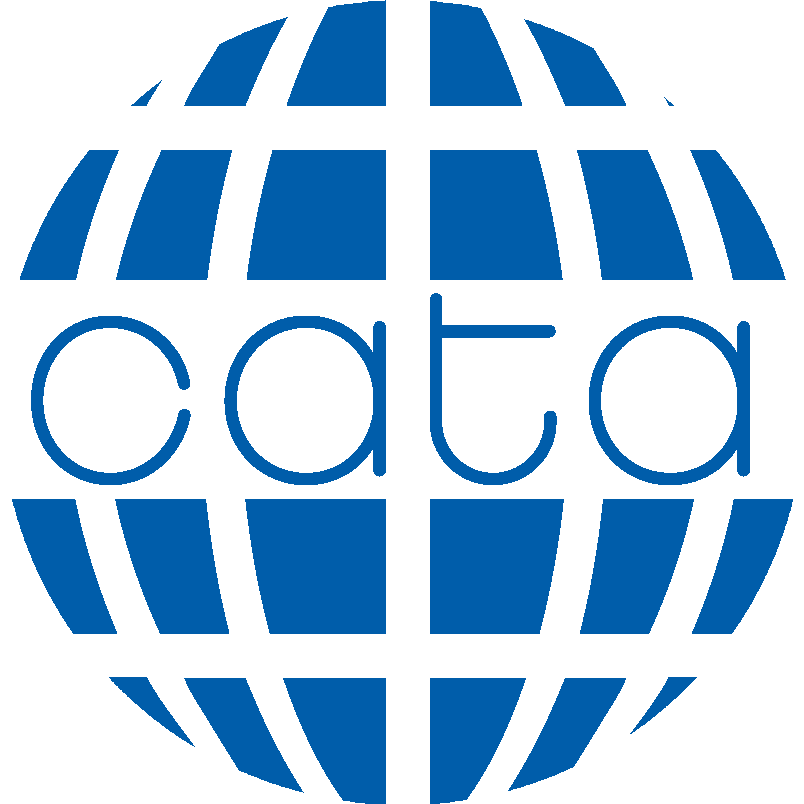Exchange of information between tax administrations
I recently participated in the 14th Plenary Meeting of the Global Forum on Transparency and Exchange of Information for Tax Purposes (the Global Forum) held on a virtual basis. It made me reflect on the major paradigm shift we have experienced globally in disclosure and exchange of information between tax administrations.
In a globalised world where individuals, entities and assets are increasingly mobile, the effectiveness of administration and enforcement is substantially undermined if tax authorities cannot build a full picture of taxpayers’ operations abroad, or do not have tools for verifying the information reported by taxpayers. This creates opportunities for tax avoidance and evasion, damaging public trust in the fairness of the tax system.
In addition to much improved international exchanges of information on request, we have seen a progression of international tax transparency measures, notably:
US FATCA and the OECD Common Reporting Standard in respect of financial account data;
Country-by-country reporting covering the world’s largest multinationals; and
Exchanges of summaries of tax rulings.
Currently tax administrations are in the process of putting in place systems to report and exchange key information in respect of the gig and sharing economy, and work is in development at the OECD to collect and exchange data on crypto assets from crypto exchanges, brokers and dealers.
Are the transparency measures of the last few years merely some passing trend? It is most likely that, as data collection and transmission technologies improve, more initiatives will be proposed to fill information gaps of government regulators, especially in respect of taxation. While public perceptions remain of multinationals and high wealth individuals not paying their fair share of tax, and financial scandals continue to make headlines (such as the recent leak known as the Pandora Papers), pressures for still greater transparency will mount.
New Zealand accepts that the many international challenges in this age of globally mobile capital and labour are best addressed through global solutions. New Zealand adheres to all standards set by the OECD as to the international exchange of information and will actively participate in dialogue on any new initiatives proposed, such as our current participation in the OECD work on crypto assets.
One message is abundantly clear - in this new era of transparency, any tax planning or wealth management arrangements that rely on secrecy for effectiveness are not just unwise but truly foolhardy. Without doubt, increased exchange of information has brought about closer co-operation amongst tax administrations and strengthened national tax systems to combat international tax evasion and avoidance, much needed as we all recover from the pandemic as we head into 2022.
